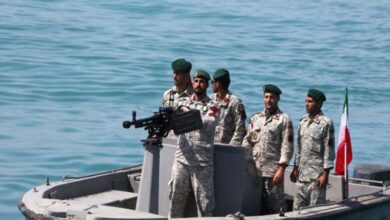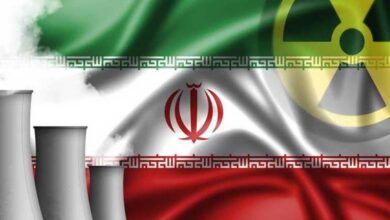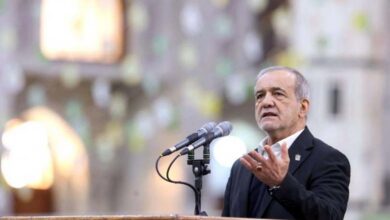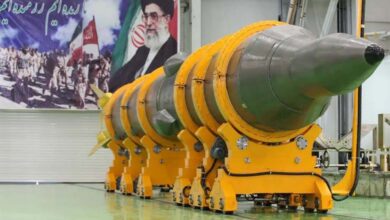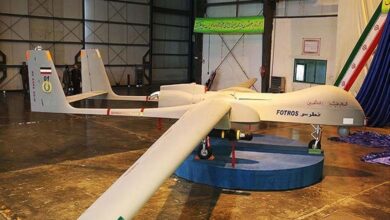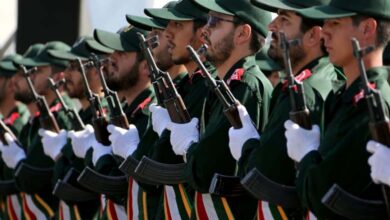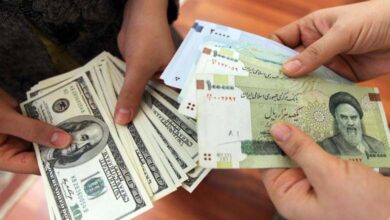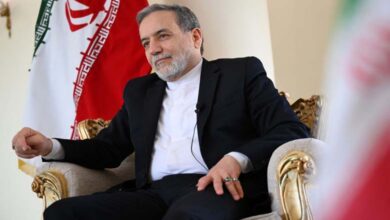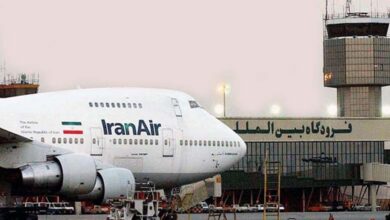Dissident Iranian officer: Iranian police sick of killing citizens
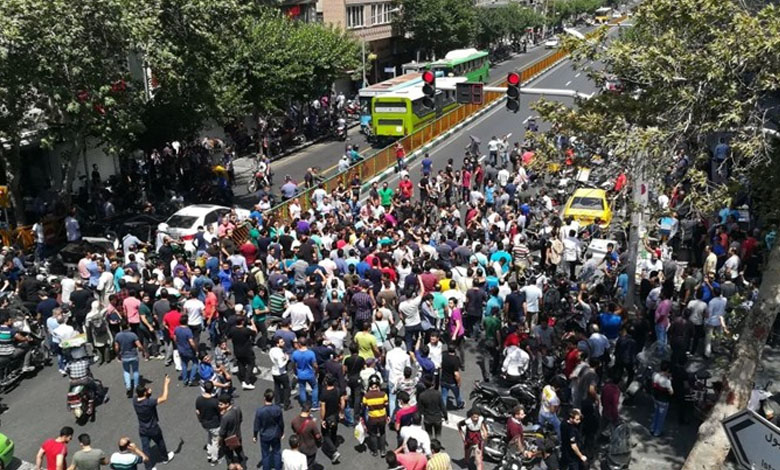
When he received orders to send his men to confront the Iranian protesters, Fariborz Kremizand had to make a decision: either kill his countrymen or flee.
“Then, within weeks, he was smuggled across the Iranian border.” Today, from a country that he cannot name for its own safety, he watches his former friends and colleagues face the same choice.
The latest protest wave began with schoolgirls taking off the hijab in solidarity with young women held by the morality police. Protests later spread to conservative towns and villages.
“There are many people like me,” the Iranian officer, who now lives away from his country, told The Times this week. “More and more people who have been hesitant so far will join the protests.” Police and even members of the Revolutionary Guards are resisting orders to shoot protesters.
With unrest spreading and women refusing to wear the hijab, petrol workers on strike and mistrust of the authorities increasing, police and armed forces are being consumed with suspicion, he said.
The Iranian officer has been in contact with several of his former colleagues who are trying to avoid participating in the crackdown. “The troops see their own families joining the protests,” he said.
Social order and trust in the system have never fully recovered in Iran since the Green Movement, a series of protests that erupted in 2009 against the re-election of Mahmoud Ahmadinejad to a second term as president.
Although Ahmadinejad has since disagreed with the regime’s clergy and specifically with Supreme Leader Ali Khamenei, he has been seen as a hardliner and rigged the elections. The two reformist candidates whom he defeated have spent the past decade under house arrest.
Moreover, the use of Basij forces to support the police in quelling that uprising paved the way for intermittent outbursts of protest.
The 2018-2019 protests, when Kremizand defected, were the most serious so far. Until then, the regime portrayed disaffected people as middle-class liberals, tainted by their association with the West. Now it was the working class in the cities and village towns that started the protests, with a focus on the cost of living and unemployment.
Karamanshah was a senior police officer in the western province of Kermanshah at the time, but he said he did not want to take part in any repression.
Like many of the region’s residents, he is of Kurdish origin. Mahsa Amini, 22, whose death sparked the protests, was also Kurdish, and the protests were particularly large in the Kurdish-controlled far west and north.


